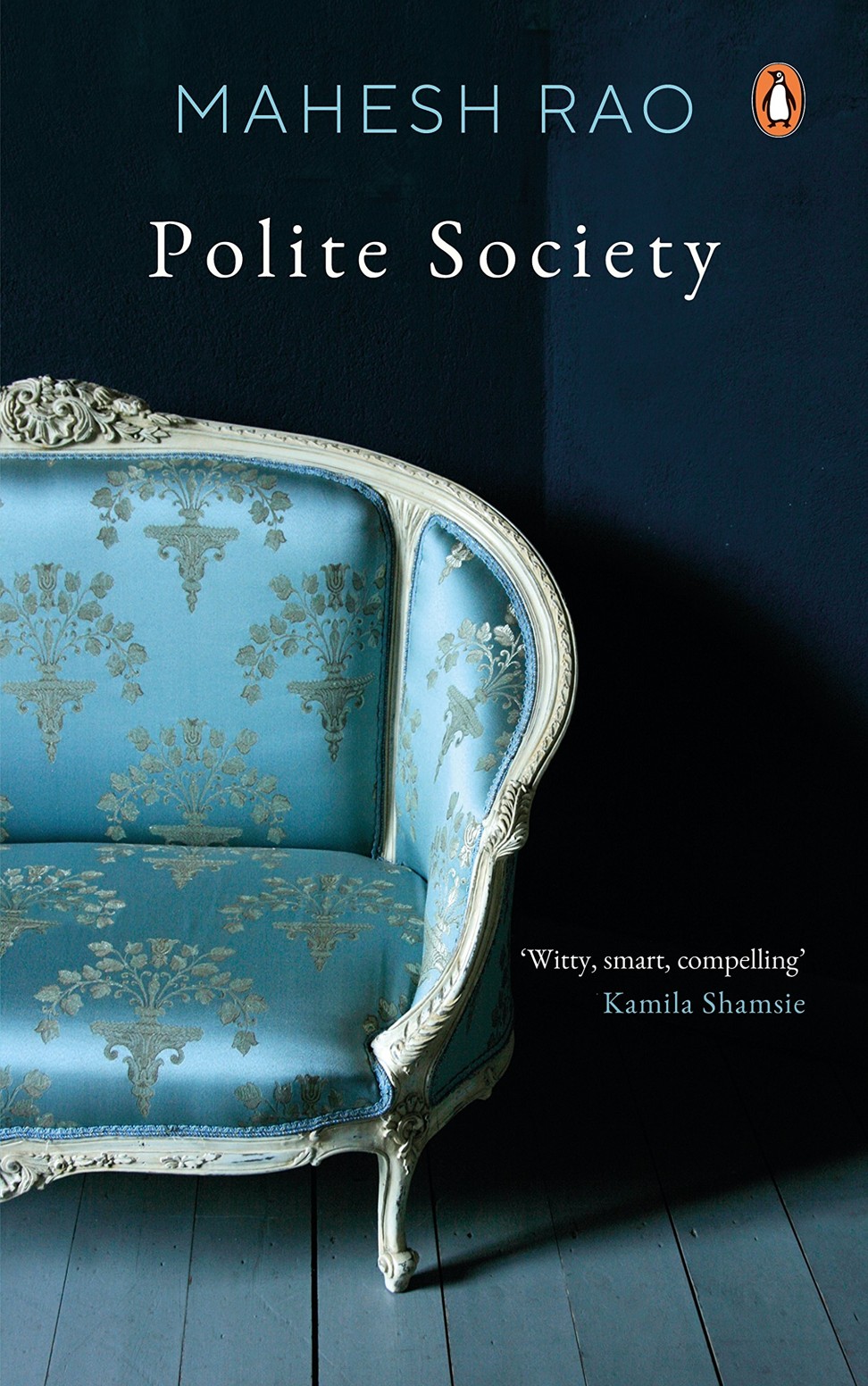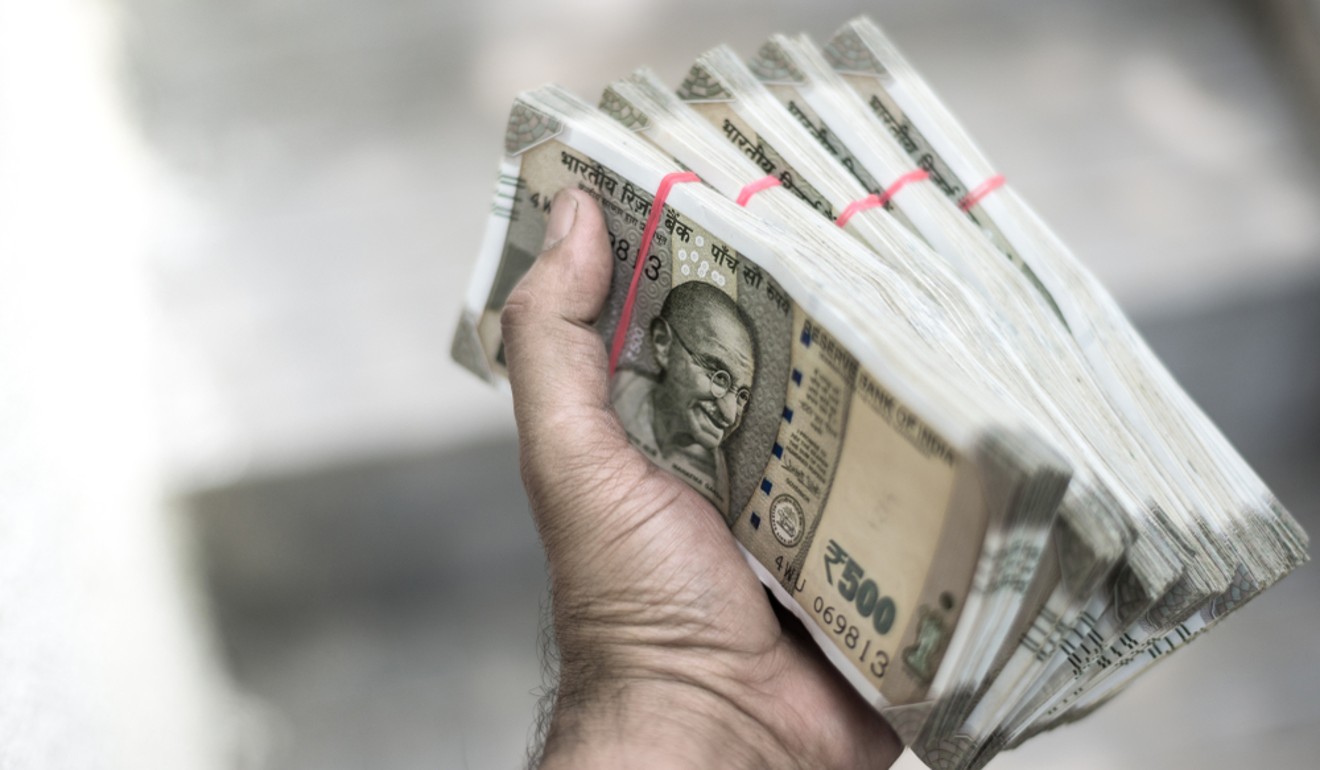
Crazy Rich Indians: Mahesh Rao’s Polite Society is a bitingly funny version of Jane Austen’s Emma
This amusing adaptation of Emma is set in the snobby area of Delhi known as Lutyens. It follows the lives of the super rich, who prove to be insecure, greedy and deeply lonely
Polite Society
by Mahesh Rao
Penguin Books
3.5 stars
Early in Mahesh Rao’s Polite Society, a wealthy couple from New Delhi choose a venue for their wedding. Wanting a small affair without friends and relatives, they pick “that most unfashionable of foreign locations: London. Everyone knew that the Russians had ruined the place”. This sly dig sets the stage for the novel, a cattily amusing adaptation of Jane Austen’s Emma set in the snobby area of Delhi known as Lutyens.
Much of Indian writing in English has focused on the country’s poor. Writers continually covering the tired clichés that tend to appeal to the West: arranged marriages, abused children, frying spices, squalor as far as the eye can see.

Of course, all of these exist, but it’s also a country which now has the third largest number of billionaires in the world. There are few chroniclers of the nouveau riche and their ridiculous excesses. In this self-assured novel which could have been titled, Crazy Rich Indians, Rao fills that gap ably.
Indian writers have been drawn to Austen for a while. Her themes of money, marriage and class are quintessentially Indian, after all. Writer Vikram Seth adapted Pride and Prejudice for his epic A Suitable Boy.
In 2004, director Gurinder Chadha made a less successful film starring Aishwarya Rai as Eliza Bennett, aptly called Bride and Prejudice. But the meddlesome Emma, whom Austen herself described as “an unlikeable heroine”, is more challenging.
Indian migrant’s searing appraisal of race in the United States
Rao’s Emma is the super-rich Ania Khurana. She is writing a novel with a protagonist named “Ludmila” who “nursed a dark secret, as did most of the other characters”. She has a dog called Sigmund and a bevy of admirers. She and her smart set eat trifle and pork cutlets in a string of colonial era clubs. So far, so very Jane.
Then Ania meets Dimple, a woman on the make who wants to rise to the top. She decides to matchmake for her gauche friend, who is involved with the decidedly unsuitable Ankit. As Ania points out, ambitious women do not fall in love with garment shop owners. In one telling passage, Dimple talks about going to a fair with Ankit and his sisters. Ania chides her, “We have all done completely ridiculous things, but always knowing that they are ridiculous and awful. But to actually do them thinking they are normal and acceptable!”

The book is really two books in one, the first half as sweet and frothy as the flummery pudding Ania likes to eat at her club. Rao has a light touch – displayed in his earlier novels The Smoke is Rising and One Point Two Billion – and resists the temptation to over-egg his confection.
The second half reveals the characters to be insecure, greedy, and deeply lonely. The haves and the have-nots clash, and the result is not pretty. The protagonists rapidly take on a shade of the super wealthy as seen in The Great Gatsby: “They were careless people ... they smashed up things and creatures, and then retreated back into their money or their vast carelessness, or whatever it was that kept them together.”
Crazy Rich Asians film sequel: action moves to Shanghai and Hong Kong
Austen’s own novels – behind the balls and the dresses – were essentially about loneliness and the limited, claustrophobic lives of women. These are perfectly mirrored by the women in this novel, some trapped by a lack of money, others by too much money. The flailing Ania, casting about for a sense of purpose, worries about hitting 30: “There might be nothing left of her ambitions, perhaps only something tepid and watery, melted ice at the bottom of a cocktail glass.”
Rao’s Nina Varkey, a gloriously haughty divorcee, is a complex creation who does Austen justice. One sees what Ania might become in time. Nina gets by on a slim and uncertain income, drifting into a string of affairs with men who use her and are used in turn. “It was only the thought of her lineage that managed to hold her up, like a corset.”

Rao’s meticulous attention to detail makes the novel. The spiteful Lutyens’ socialites are named perfectly: Silky, Serena and Ariana. On the other end of the social spectrum, Dimple’s mother, a social worker devoted to good causes, wears “snuff coloured” saris.
There are times though when the setting falters, and Rao’s characters seem more like posh Sloanes in Kensington than dilettantes in Delhi. (Ania and a boyfriend read Cold Comfort Farm to each other). Ania’s father, Dileep, a canny businessman, has an unconvincing relationship with a spiritual guru, which seems tacked on to the rest of the book. There is no Hinglish spoken at all – the Hindi-English hallmark blend of everyone in Delhi, even the upper classes. The lack of it often makes the characters seem rather out of place.
This, of course, may be the writer’s masterstroke. Being forever out of place, neither aspirational white nor entirely brown, is perhaps Ania’s curse.

